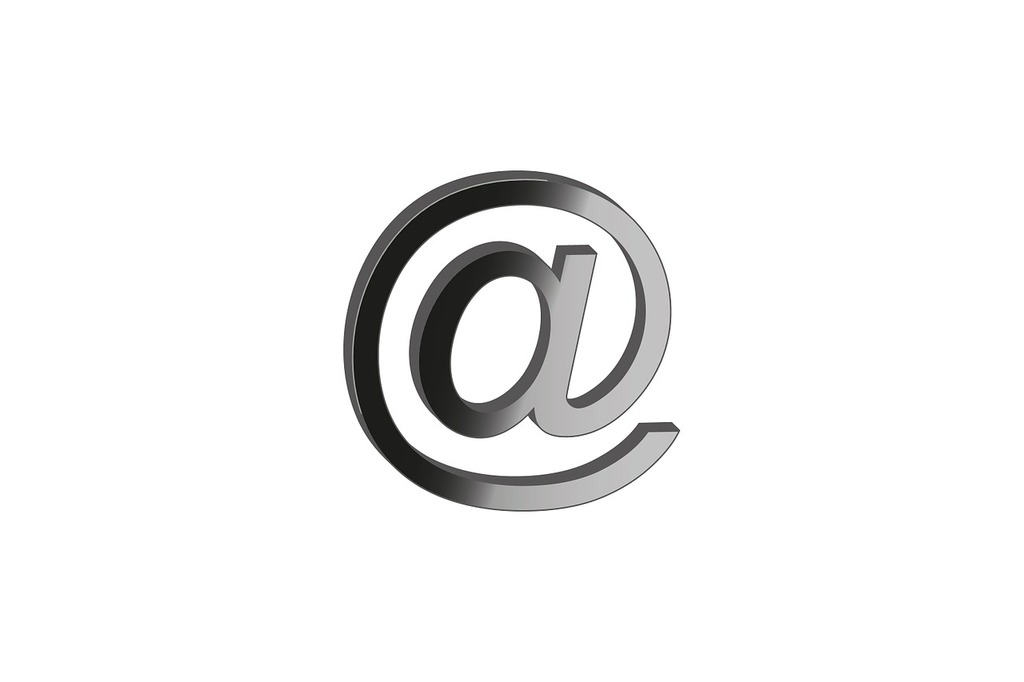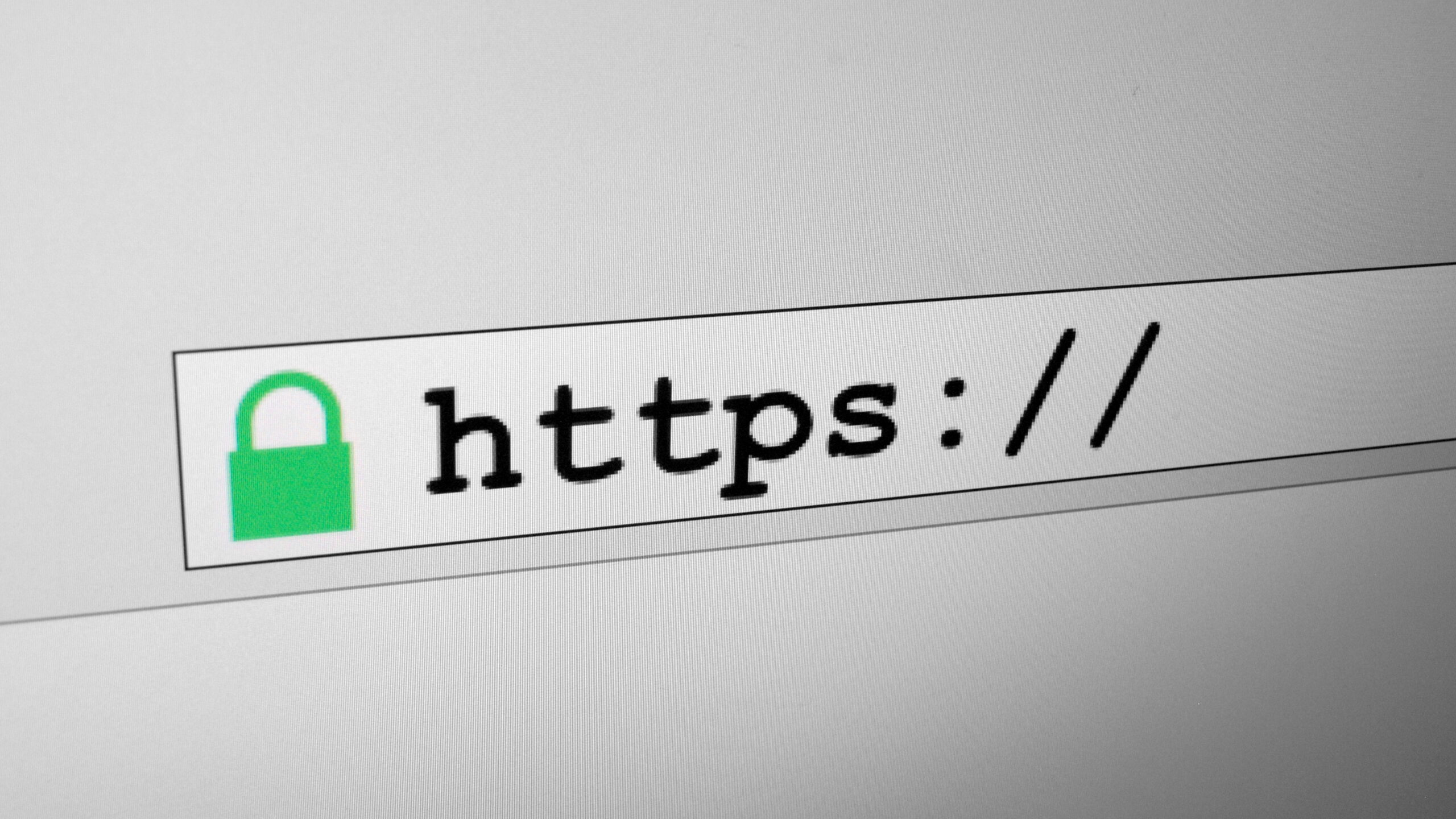In today’s digital world, email remains the backbone of professional communication.
Despite the rise of messaging apps, collaboration platforms, and video calls, email still stands as the most formal and widely accepted way to interact in business.
Whether you’re applying for a job, communicating with clients, networking with colleagues, or pitching an idea, knowing how to write a professional email can make — or break — your success.
Yet many people still underestimate the art of writing an effective, polished email.
Let’s dive into why professional emails matter, how to write them, and tips to master this essential skill.
Why Professional Emails Matter
A well-crafted email reflects your:
- Professionalism
- Attention to detail
- Respect for the recipient’s time
- Ability to communicate clearly and effectively
First impressions are everything. An email full of typos, poor structure, or an overly casual tone can instantly erode trust. On the other hand, a clear, polite, and organized message builds credibility and opens doors.
In short: your emails are a reflection of your brand — whether that’s personal, business, or organizational.
Common Mistakes People Make in Professional Emails
Before we look at how to write great emails, it’s important to recognize common mistakes:
- Vague subject lines: Leaving the recipient unsure of the email’s purpose.
- Overly casual language: Treating business communication like texting a friend.
- Spelling and grammar errors: Undermining your credibility.
- Wall of text: Long paragraphs with no breaks are intimidating to read.
- Lack of clear purpose: Not stating why you’re emailing or what you need.
- Missing greetings or closings: Making the email feel abrupt or rude.
Avoiding these pitfalls instantly puts you ahead of most people.
How to Write a Professional Email: Step-by-Step
Let’s break down the anatomy of a great professional email:
1. Start with a Clear Subject Line
The subject line should briefly and clearly state the purpose of the email.
Good examples:
- “Meeting Request: Marketing Strategy Discussion”
- “Follow-Up on Job Interview – Jane Doe”
- “Proposal for Website Redesign Project”
Bad examples:
- “Hey”
- “Important”
- “Quick Question” (without specifying)
Tip: Be specific and respectful of the recipient’s time.
2. Use a Proper Greeting
Your greeting sets the tone for the email. Always include it.
Formal examples:
- “Dear Mr. Smith,”
- “Hello Ms. Johnson,”
- “Good morning, Dr. Chen,”
If you’re less formal but still professional:
- “Hi Alex,”
- “Hello Team,”
Avoid skipping the greeting — it can come off as abrupt.
3. Write a Strong Opening Line
Get straight to the point politely.
Good opening examples:
- “I hope this message finds you well.”
- “I am reaching out regarding…”
- “Thank you for your time during our recent meeting.”
Avoid overly long pleasantries that delay the real reason for your email.
4. Be Clear, Concise, and Organized in the Body
The body of your email should:
- State your purpose early (“I’m writing to request…”)
- Keep paragraphs short (2-4 sentences each)
- Use bullet points or numbered lists if you have multiple items
- Stay focused — don’t drift off-topic
Example structure:
- Reason for writing
- Key information or questions
- Desired outcome or next steps
Tip: If your email looks overwhelming, it needs trimming.
5. Use a Professional Closing
Always close your email gracefully.
Formal closings:
- “Best regards,”
- “Sincerely,”
- “Kind regards,”
Less formal but still professional:
- “Thanks,”
- “All the best,”
- “Looking forward to hearing from you,”
Follow your closing with your name, title (if applicable), and relevant contact information.
6. Proofread Before Sending
Never skip proofreading.
Look for:
- Typos
- Grammatical mistakes
- Missing attachments
- Incorrect names, dates, or facts
Tip: Reading your email out loud often helps catch errors you might miss when scanning silently.
Bonus Tips for Professional Email Success
✔ Be Mindful of Tone
Tone can be tricky in emails. Without vocal cues, it’s easy to sound rude, impatient, or sarcastic even when you don’t intend to.
When in doubt:
- Use polite phrases (“Would you mind…”, “If possible…”)
- Avoid all caps (they look like shouting)
- Limit exclamation points (one is fine, three looks unprofessional)
✔ Respond Promptly
Even if you don’t have a full answer yet, acknowledge receipt of important emails within 24 hours.
Example: “Thanks for your message. I’m looking into this and will follow up shortly.”
Prompt replies show respect and responsibility.
✔ Keep It Professional — Even When Emotional
If you’re frustrated, angry, or upset, never fire off an email in the heat of the moment.
Step back. Cool off. Write a draft and come back to it later. A rash email can seriously damage your reputation.
✔ Use Professional Email Signatures
A good signature includes:
- Your full name
- Title and company (if applicable)
- Phone number
- LinkedIn profile or website link (optional)
It signals professionalism and makes it easy for people to reach you.
Example:
Jane Doe
Marketing Manager | BrightSpark Digital
Phone: (123) 456-7890
Website: www.brightsparkdigital.com
LinkedIn: linkedin.com/in/janedoe
✔ Set Up an Out-of-Office Reply When Necessary
If you’ll be unavailable (vacation, illness, etc.), set an automatic reply informing people:
- That you’re away
- When you’ll return
- Who they can contact in your absence, if needed
Example:
“Thank you for your message. I am currently out of the office and will return on Monday, May 6th. If your matter is urgent, please contact John Smith at [email protected]. I appreciate your understanding.”
Sample Professional Email Templates
Template 1: Request for Information
Subject: Request for Details on Upcoming Conference
Dear Ms. Turner,
I hope you’re doing well.
I am writing to request additional information about the Global Marketing Conference scheduled for September. Specifically, I would like to know about sponsorship opportunities and potential speaking slots.
Could you kindly send me the brochure or direct me to where I can find more details?
Thank you in advance for your assistance. I look forward to hearing from you.
Best regards,
Michael Adams
Template 2: Follow-Up After Interview
Subject: Thank You for the Interview – Jane Doe
Dear Mr. Collins,
I want to sincerely thank you for taking the time to meet with me yesterday regarding the Sales Manager position. I enjoyed learning more about the team and the exciting direction of your company.
Our discussion confirmed my enthusiasm for the role and how I can contribute to achieving your sales goals.
Please feel free to reach out if you need any additional information. I look forward to the next steps.
Kind regards,
Jane Doe
Template 3: Apology for Delayed Response
Subject: Apologies for the Delay in Response
Dear Mr. Lee,
I hope you’re doing well.
I want to apologize for the delayed response to your inquiry. I had to gather some additional information to provide a thorough answer.
Attached, you will find the requested documentation. Please let me know if you need any further clarification.
Thank you for your patience and understanding.
Best regards,
Emily Brown
Future of Professional Emails
While new technologies continue to evolve — Slack, Teams, AI chatbots — email remains irreplaceable for several reasons:
- It’s formal and legally recognized in many settings.
- It offers an organized, searchable record.
- It connects people across different companies, platforms, and geographies.
In fact, according to Statista, over 4.6 billion people will be using email by 2025 — nearly half the world’s population.
That means honing your email skills will only become more valuable as the workplace becomes even more global and digital.
Final Thoughts: Professional Emails Are a Superpower
Mastering professional email writing isn’t just about grammar or etiquette — it’s about leadership, clarity, and respect.
A great email saves time, builds trust, strengthens relationships, and drives action. It shows that you’re serious, detail-oriented, and considerate.
The good news? Anyone can learn this skill. Like any form of communication, it improves with practice, feedback, and attention.
Whether you’re launching a career, managing a team, growing a business, or networking your way to new opportunities, great emails are your silent ambassadors.
Invest in getting them right — because in the modern workplace, your words often walk into the room before you do.

